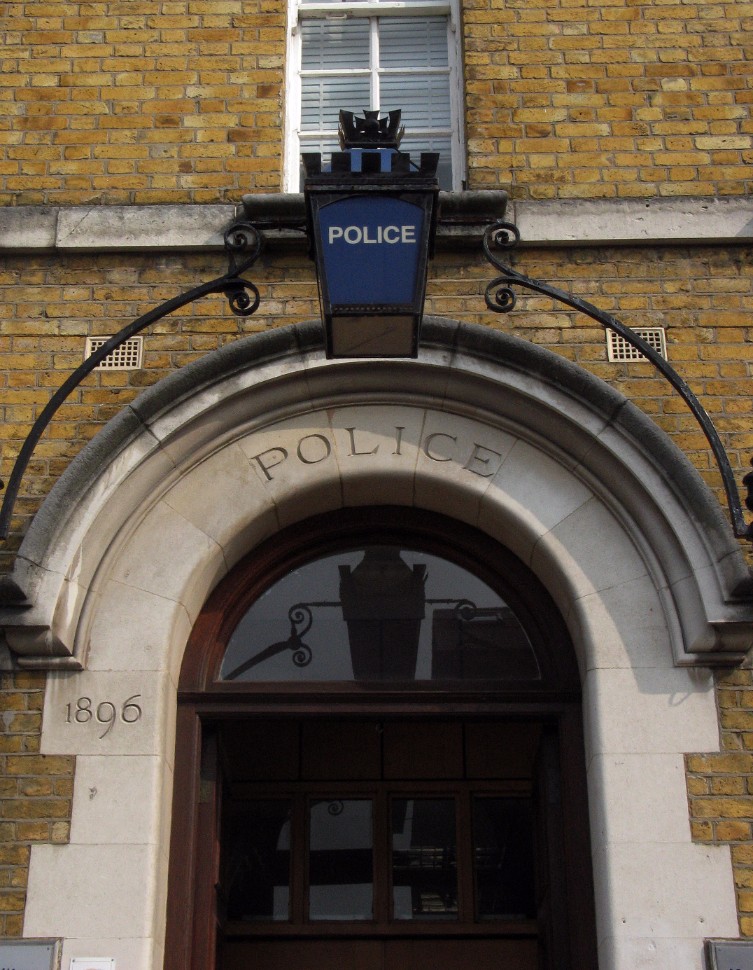Police officers put in ‘danger' by new radio system problems
Scotland Yard says officers should report incidents where they feel unsafe
Thursday, 1st June 2017 — By William McLennan

POLICE officers believe their safety is being put at risk in Camden by a “dangerous” new radio system that means calls for urgent assistance have been missed by the colleagues closest to hand.
The New Journal has learned that a change in the way radios are operated, following a cost-cutting merger with neighbouring Islington earlier this year, is said to have resulted in multiple cases described as “near misses” – where injury to an officer was narrowly avoided.
The Metropolitan Police Federation is understood to be collecting a catalogue of “near misses”.
A source estimated there had been “somewhere approaching 50 near misses related to radios”.
Describing the system as “dangerous,” an officer said that it was “only by the grace of god” that no one had been seriously hurt.
In one case, which the New Journal has not been able to verify, it is claimed an officer attending a domestic assault was attacked with a metal pole, but calls for help were missed by a colleague in another room at the same address because they were on a different radio channel.
“The first time they knew their colleague was in trouble was when officers answering the call for urgent assistance came storming in,” a source said.
Under the new system, officers are routinely transferred away from the main “dispatch” radio channel to an isolated channel if they request additional information, such as a name check.
This can mean that colleagues nearby no longer hear their discussion over the radio, which may include calls for help if they are being assaulted or chasing an offender.
A source said: “You could be chasing someone or getting beaten up on one of those channels and someone could be really close by that could help and not know about it.”
Under the old system, nearly all communication was carried out on the main “dispatch” channel, with other channels usually reserved for large-scale events.
The two boroughs’ police units merged in January as part of a “pathfinding” trial, roughly doubling the number of officers on the airwaves to around 1,200.
The Met has to save £400million in the next four years, with £500million already cut from the budget.
In a statement, Scotland Yard said: “Police officers have been actively encouraged to submit reports following any incident where they have felt unsafe or concerned. These reports along with the overall system are being assessed at meetings being held three times per day. They have directly influenced improvements to the system in order to reassure officers and create a safer and more efficient operating model.”
The statement said that “risk assessments and consultation were undertaken” in conjunction with the Met Police Federation before the change was introduced, “to minimise any potential risk to our officers and the public”.
A final decision about the future of the merger and whether it will be extended across London will be made in the autumn.